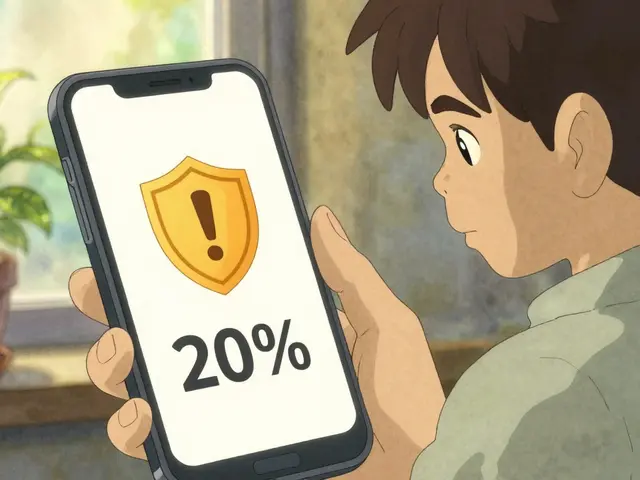Private Key: What It Is, Why It Matters, and How to Keep It Safe
When you own cryptocurrency, you don’t actually hold coins in a digital wallet like you hold cash in your pocket. What you hold is a private key, a unique, secret code that proves you own your crypto and lets you spend it. Also known as a seed phrase when written out as words, it’s the one thing no one else should ever see. Without it, your Bitcoin, Ethereum, or any other token is locked away forever—no customer service, no reset button, no recovery option. This isn’t theory. People lose millions every year because they forgot their private key or shared it by accident.
Think of your private key like the master key to a safe deposit box. The box is your public wallet address—everyone can see what’s inside. But only the key can open it. That’s why wallet security, the practice of protecting your private key from theft or loss is the most important skill in crypto. If someone gets your private key, they can drain your wallet in seconds. No password reset. No bank to call. Just gone.
That’s why so many posts here focus on the risks around crypto theft, when hackers steal funds by tricking users into revealing their keys. Look at the stories about PRIVIX, IMG, and other low-liquidity tokens—most of the losses aren’t from market crashes. They’re from users clicking fake websites, downloading malware, or trusting shady airdrop forms that ask for their seed phrase. Even the most advanced DeFi protocols can’t protect you if you give away your private key.
And it’s not just about scams. A lot of people lose access because they wrote their key on a sticky note, saved it in the cloud, or lost their phone. Your private key isn’t like a Gmail password. It’s not something you can recover. Once it’s gone, your crypto is gone too. That’s why experts warn against using custodial exchanges for long-term storage—because if you don’t control the key, you don’t control the money.
What you’ll find in these posts isn’t just about tokens or exchanges. It’s about who holds the real power in crypto: the person who owns the private key. Whether it’s Iran using Bitcoin to bypass sanctions, courts deciding if crypto is property, or NRI tax rules that treat gains as income—none of it matters if you can’t access your assets. The real story behind every crypto trend is security. And the foundation of that security? Your private key.
Below, you’ll see real cases where private keys were lost, stolen, or misused—and how people tried (and failed) to recover. You’ll also find guides on how to store keys safely, spot phishing attempts, and avoid the traps that take down new users every day. This isn’t about hype. It’s about survival.
11
What Are Public and Private Keys in Cryptocurrency? A Simple Guide to Digital Ownership
Public and private keys are the foundation of cryptocurrency ownership. Your public key lets others send you crypto; your private key lets you spend it. Lose it, and your money is gone forever.
Latest Posts
Popular Posts
Tags
- decentralized exchange
- crypto exchange
- crypto exchange review
- cryptocurrency
- crypto airdrop 2025
- CoinMarketCap airdrop
- blockchain
- meme cryptocurrency
- GENIUS Act
- cryptocurrency compliance
- crypto airdrop
- meme coin
- crypto trading
- fake crypto exchange
- Solana meme coin
- cryptocurrency valuation
- Binance Smart Chain
- underground crypto Nepal
- crypto airdrop guide
- crypto staking




